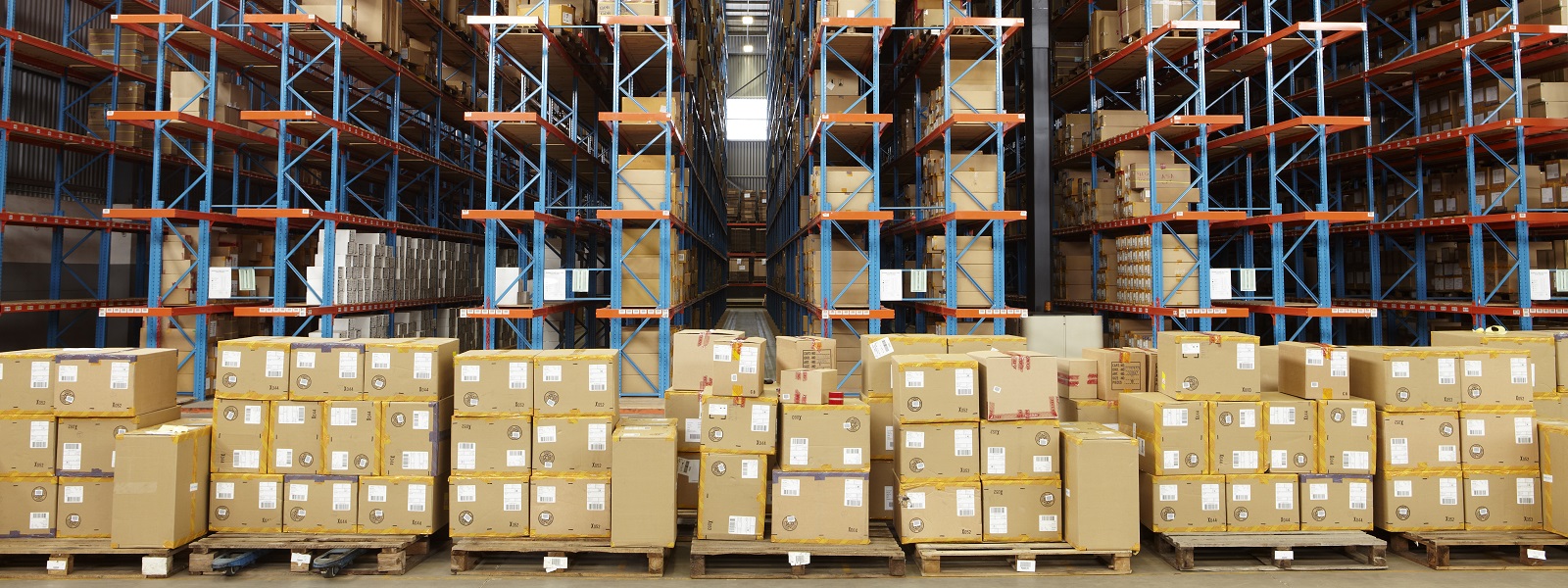The first three quarters of 2019 registered US$267.6 billion worth of deals in the tech sector globally, the third-highest Q1-Q3 number since the global financial crisis, and only 2% down on the corresponding figure for 2018, which was the second highest.
The total number of tech deals over the first three quarters surpassed 2,000 for only the second time since the credit crunch, although it was 7% down on the Q1-Q3 2018 figure. In contrast, overall M&A across all sectors fell 14% by value and 15% by volume over the same period.
Activity in internet/e-commerce was particularly robust, with US$84.7 billion in transactions—a 17% increase. The continued commercial advance of e-commerce, which is still growing rapidly across many regions, accounts for the resilience of activity. This sector produced the biggest single tech deal of the period, the US$25.7 billion merger between US payment services companies Global Payments Inc. and Total System Services Inc., announced in May.
But within tech, the biggest single sector remained computer software, with US$146.5 billion of deals, only 2% lower than the strong showing for the same period of 2018. This largely reflects an understanding of the continued opportunities in helping companies improve productivity and profitability through innovative software.
The second- and third-largest tech deals of the year were both for B2B software companies. In June, Salesforce acquired business intelligence software firm Tableau for US$15 billion. Tableau provides data visualization software tools to enable non-experts to take advantage of big data. February brought news of the US$11.8 billion acquisition of US HR solutions specialist Ultimate Software by a consortium including the private equity firms Hellman & Friedman and Blackstone.
US M&A on the rise
The US was the top destination for tech M&A by volume and value. Not only that, nine of the top ten deals in tech in the first nine months were US targets, compared to only seven in the same period in 2018.
US M&A is not only rising in real terms—up 11% year on year to US$163.7 billion in the nine months to the end of September, even as volume declined 7% to 815 deals—but is also taking up a higher proportion of global tech M&A. In the first three quarters of 2019, 61% of the global total of tech deals by value involved US targets, a higher proportion than for the same period of 2018 (56%), and for 2017 (44%).
Both domestic and inbound deal value increased year on year. Domestic deal value totaled US$131.3 billion in the first nine months of 2019, a 7% year-on-year rise, while inbound cross-border deals climbed 36% to US$32.4 billion over the same period.
The fifth-largest deal of Q1-Q3 in the sector was a US$9.3 billion cross-border merger between two semiconductor firms, Germany’s Infineon and US-based Cypress Semiconductor. Per the deal announcement, the combined entity would be well-placed to take advantage of trends like automotive technology and industrial internet-of-things (IoT).
The one deal in the top ten of Q1-Q3 2019 not targeting a US company was the US$6.1 billion acquisition of UK-based online food delivery company Just Eat by Dutch peer Takeaway.com, announced in August. This helped bring total tech M&A in the UK to US$16 billion in the first three quarters of 2019, a 66% jump on the same period in 2018. Volume fell 8% to 153 deals.
PE exits down on 2018
Private equity activity in the tech sector has fallen considerably during 2019. Globally, there were 910 PE deals in tech, totaling US$99.1 billion, a 6% and 36% drop-off in volume and value respectively.
This was largely due to a sharp fall in trade sale exits—there were only 378 such deals in Q1-Q3 2019, totaling US$36.4 billion, a 6% fall in volume and a 61% plummet in value year on year.
The largest trade exit of the year so far has been the sale of UAE-based ride-hailing firm Careem to Uber for US$3.1 billion. While the deal was a significant one for the region as one of the largest ever tech M&A deals in the Middle East, it is relatively small on a global scale—the top five PE exits announced between Q1 and Q3 2018 were each worth over US$4 billion.
On the other hand, secondary buyouts rose by both volume and value. Volume was up 11% to 113 deals, while value rose 22% to US$14.6 billion. Meanwhile, primary buyout activity remained fairly steady. While volume over this period declined 9% to 419 deals, value remained nearly unchanged from US$47.9 billion in Q1-Q3 last year to US$48.1 billion in the equivalent period this year.
Tech M&A may stay strong
Looking to the future, tech M&A faces challenges. Many national governments in the West, including the US and Germany, have increased scrutiny of foreign investments, especially when it comes to sensitive sectors, including tech, which might harm national security. Moreover, the trade war between the US and China is dampening M&A globally.
On the other hand, tech M&A may continue to remain strong because of strong commercial opportunities in a number of fields, including artificial intelligence, 5G services and cloud computing. Cross-border M&A is likely to remain robust as businesses seek synergies, and private equity firms seek outlets for their dry powder, regardless of border.





